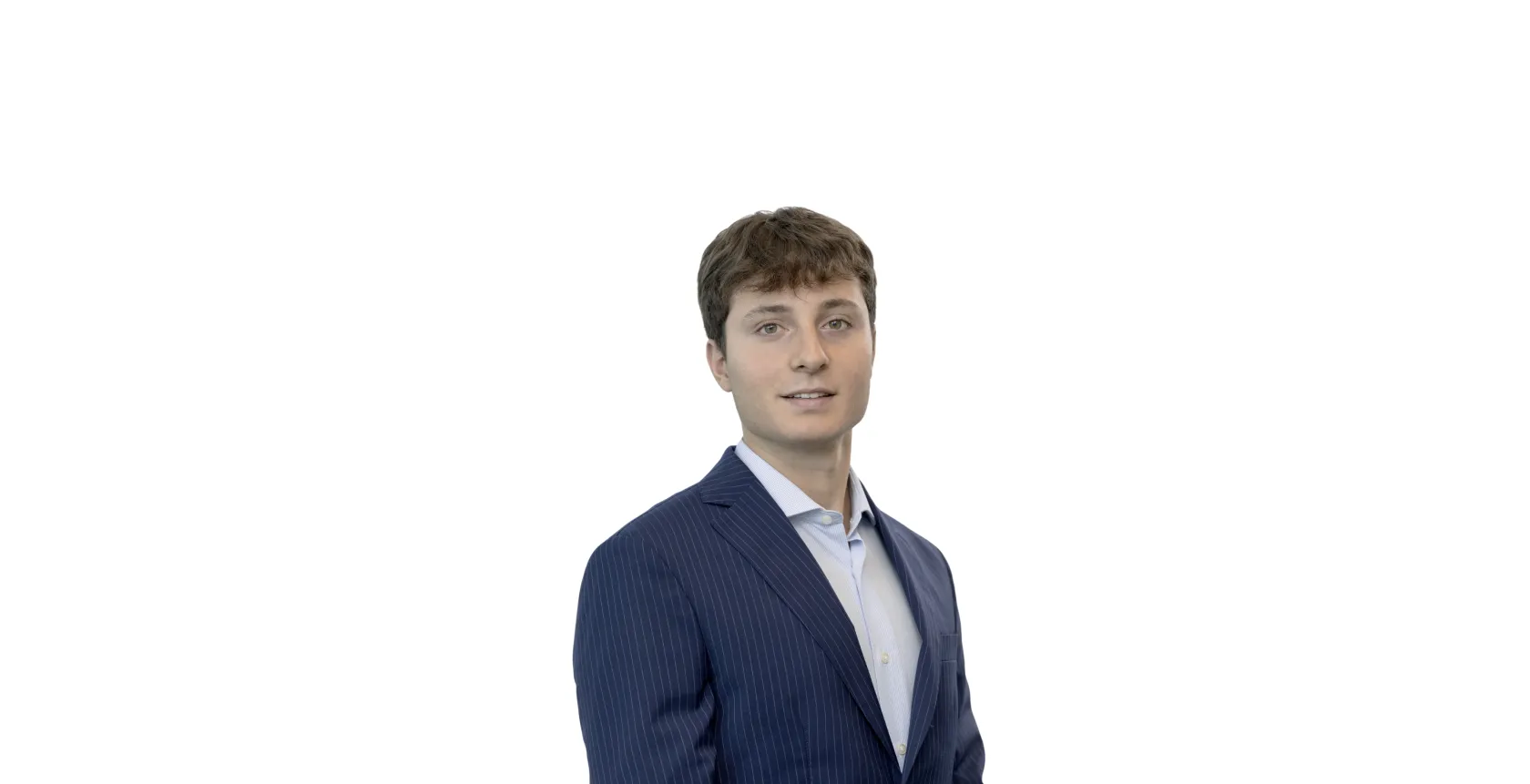
A Bond to Save the Planet
Finance can have a real impact on improving sustainability on our planet, as Bocconi alumnus Federico Di Tirro learned in the field, working at the World Bank on the design of Outcome Bonds, issues that link investors' financial returns to measurable, impactful outcomes of sustainable development projects.
His first approach with the World Bank came in the second year of his bachelor's degree in economics and finance at Bococni when Federico applied for a Summer Internship through which he then spent two months in Washington, “an extraordinary experience with the opportunity to rotate between different teams and departments and to understand the workings of this institution,” he says.
And upon completion of his degree, in July 2023, came the offer to return to the World Bank as a junior analyst in the Structured Finance and Market Solutions Team of the Capital Markets Department.
Back in Washington, Federico had the opportunity to work on the design and issuance of 'outcome bonds' (https://treasury.worldbank.org/en/about/unit/treasury/ibrd/outcome-bonds), an investment vehicle to enable private investors to support specific sustainable development projects by linking their returns to the performance of the underlying projects. This instrument mobilizes capital toward places and projects that need it most, transferring the risk to market investors, and rewarding them if successful.
In particular, Federico has worked on two outcome bonds. The Amazon Reforestation bond, worth $225 million, is the largest outcome bond issued to date, and finances reforestation activities in degraded and unused areas in the Brazilian part of the Amazon rainforest, using native tree species to restore biodiversity found in nature. The Plastic Waste Reduction Linked Bond, on the other hand, worth $100 million, channeled private capital into financing two plastic collection and recycling projects in Ghana and Indonesia. “These projects will reduce plastic leakage into nature and the oceans in vulnerable communities, in addition to improving community health and sanitation and providing employment opportunities for women and microentrepreneurs,” says Federico.
Federico was involved in a multitude of tasks: from participating in the early stages of negotiations with project developers, to working on the financial structure of the transaction and preparing post-issuance communication and dissemination materials. He also had the opportunity to participate in international meetings at the UN Intergovernmental Negotiating Committee on plastic pollution, a United Nations event.
“This experience taught me to be ambitious and creative in finding innovative solutions to solve financing challenges for development initiatives, and it taught me how an institution like the World Bank can promote positive environmental and social initiatives. Looking forward, I am very eager to continue working on new ways to use finance to create positive impact in the world.”
For Federico, there was also a personal affinity for one of the bonds. “Growing up in Bogliasco, on the Mediterranean coast, I always felt a strong connection to the sea. At the age of 12 I started playing water polo, and the water became an important part of my life for almost a decade. The desire to protect marine environments prompted me to get involved in the fight against plastic pollution, which unfortunately has serious impacts on seas around the world. Marine pollution threatens activities such as fishing and tourism, which are the livelihood of many people who live near seas and oceans. I am very proud to have participated in this project to help combat this problem.”
Now Frederick has decided to resume his education and is set to begin a master's degree in economics at Oxford, with the desire then to continue his path at some international institution.